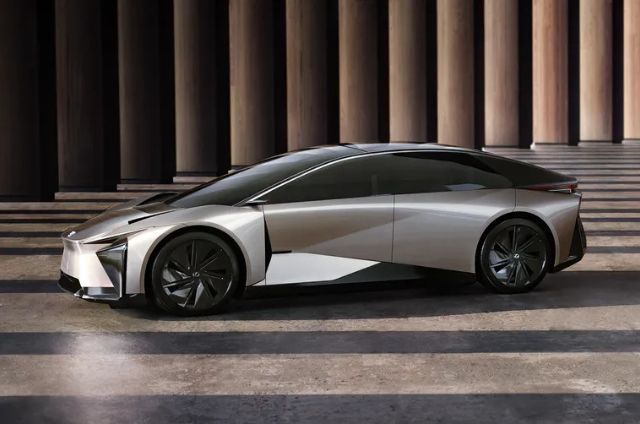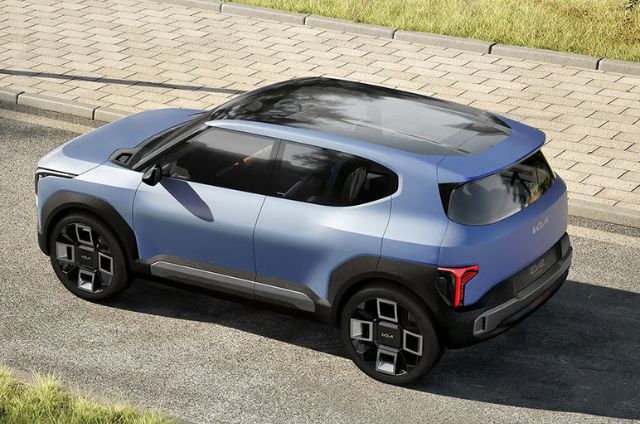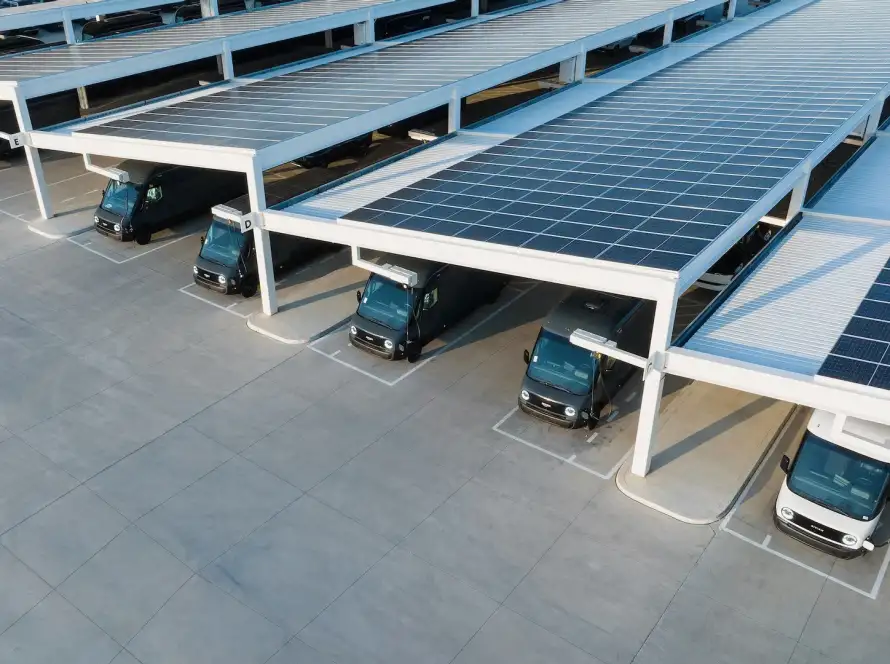A Shift Is Coming: EVs for the Masses
Electric vehicles have long felt like a luxury—sleek, futuristic, and… out of reach. But change is rolling in fast. Industry watchers, Reddit communities, and automakers alike are pointing to 2026 as the tipping point. Why? Because that’s when we’ll see EVs truly go mainstream.
Major automakers like Chevrolet, Hyundai, Kia, Nissan, and Volkswagen are preparing a wave of new models aimed squarely at everyday drivers. This next generation of EVs isn’t just greener—it’s priced for reality.
Prices Are Dropping—And Staying There
The average price of a new vehicle in the U.S. is around $48,000. EVs? Still hovering slightly higher at about $55,000. But by 2026, thanks to cheaper batteries—especially lithium iron phosphate (LFP)—we’re expecting big changes. Automakers are pivoting toward lower-cost platforms and materials, making it easier to deliver EVs in the $25K–$35K range.
Even if federal tax credits shrink or disappear, many states are holding onto their incentives. That extra support, combined with market-driven price drops, is a recipe for affordability.
A Wave of New Models Incoming
2026 is stacked. Chevy is bringing back a redesigned Bolt. Hyundai’s got multiple models in the pipeline, including the EV3. Kia is prepping its compact EV4. Nissan and VW are both expected to drop refreshed, budget-conscious options. These aren’t futuristic concepts—they’re real, production-bound vehicles, built for daily use.
Expect compact crossovers, small sedans, and hatchbacks with good range, fast charging, and lower monthly payments. That’s the sweet spot American buyers have been waiting for.
Beyond the U.S.: Global Affordability Rising
The EV affordability story isn’t just American. Countries across Europe and Asia are already embracing smaller, sub-$25K electric cars. As global competition heats up and supply chains stabilize, even more cost-effective models will make their way stateside.
The Bottom Line
2026 could be the year EVs truly become everyone’s car. It’s not just about clean energy anymore—it’s about options, access, and value.



